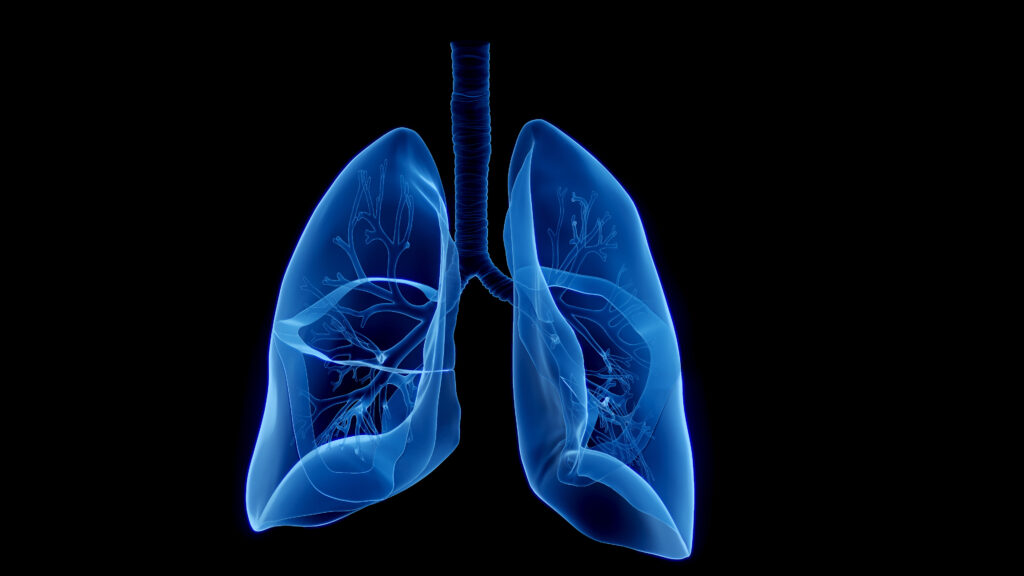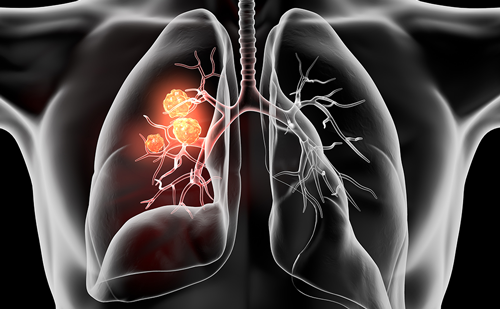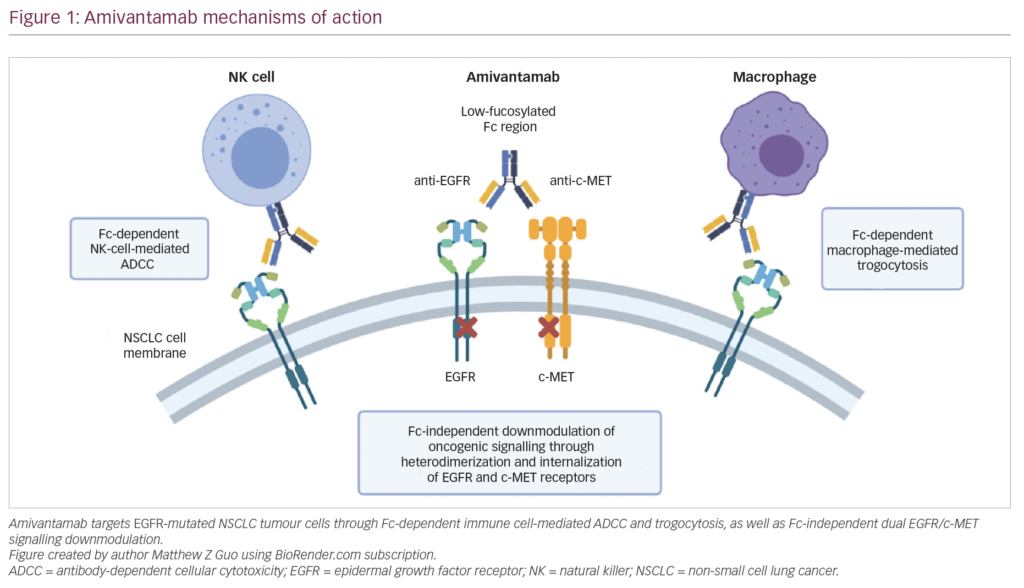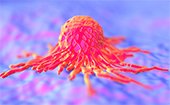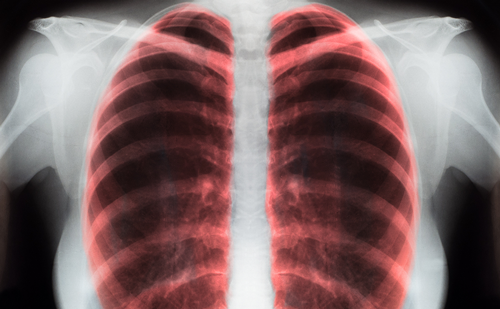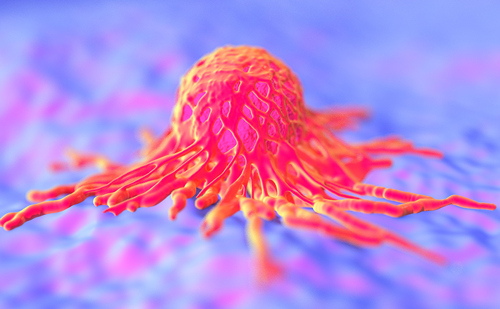The field of oncology immunotherapeutics has exploded recently with the development of immune-checkpoint inhibitors. These drugs enhance antitumor immunity by blocking negative regulators of T-cell function that exist both on immune cells and on tumor cells. There are two classes of immune-checkpoint inhibitors: currently the Food and Drug Administration (FDA) has approved cytotoxic T-lymphocyte antigen 4 (CTLA-4) antibodies1,2 and programmed cell death-1 (PD-1) antibodies for the treatment of metastatic melanoma.3,4 Nivolumab, a PD-1 inhibitor, has also been approved by the FDA for the treatment of metastatic squamous cell lung cancer.5,6 These drugs are associated with unique inflammatory side effects known as immune-related adverse events (irAEs). Here, we present recommendations for the management of these events.
Rash
The most common irAE associated with checkpoint blockade is rash and/or pruritus. Nearly 50 % of patients treated with the CTLA-4 inhibitor ipilimumab will experience this irAE.7 Rash is also one of the most common toxicities of anti-PD-1 therapy, but fortunately the rates of significant grade 3 and 4 rashes with these agents remain low.8,9 Rashes associated with checkpoint blockade typically appear faintly erythematous, reticular, and maculopapular, although there have been reports of atypical finding such as Sweet’s syndrome and bullous pemphigoid.10,11 Topical corticosteroid creams can be used to treat rashes as well as oral antipruritics, such as benadryl and hydroxyzine for bothersome itching. Severe rash (grade 3 or above) should be treated with oral corticosteroids, usually at an equivalent dose of prednisone 1 mg/kg daily.
Diarrhea/Colitis
Diarrhea is also a common irAE of checkpoint blockade, although it is much more common with the CTLA-4-blocking antibodies compared with those targeting PD-19; the rate of grade 3/4 diarrhea associated with PD-1 blockade is only 1–2 %.8 While diarrhea and colitis lie along a similar clinical spectrum, in trials, they are often reported as separate toxicities based on different descriptions according to the Common Terminology Criteria for Adverse Events (CTCAE). According to the CTCAE, colitis is associated with abdominal pain and radiographic or endoscopic evidence of inflammation. Diarrhea more simply refers to an increase in stool frequency. The first step in management should always be to assess for other etiologies of diarrhea, such as infection with Clostridium difficile or other bacterial/viral pathogens. Once this has been ruled out, antidiarrheals, such as loperamide, can be utilized in mild cases. If symptoms persist or intensify, oral or intravenous corticosteroids should be implemented. For severe or steroid refractory symptoms, infliximab at a dose of 5 mg/kg has been utilized12–14 based on data from patients with inflammatory bowel disease.15 For patients who have a minimal increase in bowel movements over baseline that persists, budesonide can also be used. Unfortunately, there is no treatment that has been shown to prevent immune-checkpoint inhibitor diarrhea. Budesonide was tested as a prophylactic agent, but unfortunately it did not reduce the incidence of diarrhea.16
Hepatotoxicity
Hepatitis associated with checkpoint blockade is associated with elevations in aspartate transaminase (AST) and alanine transaminase (ALT) and, occasionally, bilirubin. In most cases, this is asymptomatic. Hepatic function should be monitored before each dose of checkpoint blockade, and, if elevated, viral and other drug-induced causes of hepatitis should be excluded. As with treating other irAEs, if no other immediate cause is obvious, prompt treatment with corticosteroids is recommended. In rare cases, elevations in AST and ALT are steroid-refractory and 500 mg every 12 hours of mycophenolate mofetil may be helpful. Infliximab is contraindicated due to the risk of hepatotoxicity.
Endocrinopathy
Although the aforementioned irAEs usually have straightforward presentation, diagnosis of endocrinopathy associated with checkpoint blockade can be more challenging. Patients may present with nonspecific symptoms, including fatigue, nausea, and headache; therefore, practitioners must be vigilant. Hypophysitis (pituitary inflammation) and hypothyroidism are the most common endocrinopathies and are typically believed to occur in up to 10 % of patients treated with CTLA-4 blockade.17,18 The frequency of endocrinopathy in patients treated with PD-1 or programmed death-ligand 1 agent is less well known, but appears to be less common.9
Typically, hypophysitis is diagnosed by clinical symptoms of fatigue and headache, radiographic findings (enhancement and enlargement of the pituitary19,20), and biochemical evidence of pituitary dysfunction (low adrenocorticotropic hormone and thyroid-stimulating hormone [TSH]). Some clinicians have described that a course of high-dose corticosteroids may reverse the inflammatory process, but most patients will require long-term supplementation with levothyroxine and/or replacement doses of hydrocortisone, such as 20 mg each morning and 10 mg each evening. Given that routine monitoring of thyroid function with a TSH laboratory evaluation is required during treatment with ipilimumab, patients may be diagnosed with thyroid function abnormalities before they are symptomatic. Hypothyroidism occurs far more commonly than hyperthyroidism and is managed with replacement doses of thyroid hormone.
Pneumonitis
Pneumonitis is a rare (<10 %), but potentially life-threatening irAE seen in patients treated with CTLA-4- and PD-1-blocking agents.3,4,9,21–23 Any patient presenting with pulmonary symptoms, such as an upper respiratory infection, new cough, or shortness of breath, should be assessed with imaging. In moderate to severe cases, a bronchoscopy should be performed to exclude infectious etiologies before starting immunosuppression. In severe cases, treatment should consist of high doses of corticosteroids such as 2 mg/kg of intravenous methylprednisolone and additional immunosuppression with agents such as infliximab maybe reasonable. No further doses of immune-checkpoint inhibition should be administered.
Conclusion
As immunotherapy emerges as a treatment modality for advanced solid tumors, oncology practitioners will be required to manage inflammatory side effects. Early recognition and aggressive treatment of grade 1–2 irAEs is recommended to prevent patient morbidity and mortality without compromising the efficacy of immune-checkpoint inhibition. Moving forward, it will be imperative to gather prospective data about use of both steroids and steroid-sparing agents to best develop treatment guidelines.


